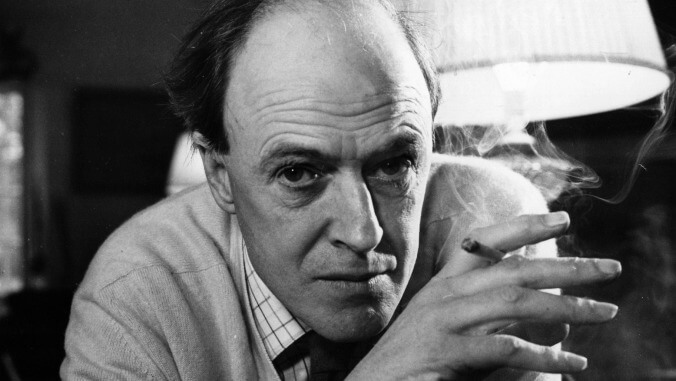Yes, you'll still be able to buy unedited Roald Dahl books
After Penguin Random House faced backlash for "sanitizing" Roald Dahl, the publisher announced it will release unedited versions of his work

The woke mob hath been stymied! After all the uproar over giving Roald Dahl’s books a contemporary gloss (criticism of which, it’s worth noting, actually seemed to come from all sides of the political spectrum), The Roald Dahl Story Company has made a concession. The updated versions of beloved children’s stories like Matilda and Charlie And The Chocolate Factory will still be available, with their more modern sense of morality. But so too will the “classic,” perhaps more problematic, versions.
According to the Associated Press, publisher Penguin Random House announced on Friday that the original, unedited versions will be published later this year as “The Roald Dahl Classic Collection,” so “readers will be free to choose which version of Dahl’s stories they prefer.” (Presumably, these editions won’t be completely unedited: as many pointed out during the debate, Dahl himself approved changes to his text during his lifetime, revising the Oompa Loompas from “black pygmies from Africa” into generic fantasy dwarves.)
“Roald Dahl’s fantastic books are often the first stories young children will read independently, and taking care for the imaginations and fast-developing minds of young readers is both a privilege and a responsibility,” said Francesca Dow, managing director of Penguin Random House Children’s (per the AP). “We also recognize the importance of keeping Dahl’s classic texts in print. By making both Puffin and Penguin versions available, we are offering readers the choice to decide how they experience Roald Dahl’s magical, marvelous stories.”
Changes to the original text found in the new Puffin versions attempted to address instances of sexism, ableism, and fatphobia in Dahl’s work. While some inevitably decried the changes for “woke-ism,” others argued that sanitizing Dahl’s work would only serve to hide the author’s more distasteful beliefs (read: racism and antisemitism). Freedom of expression advocates like PEN America were among those who spoke against the edits, as well as author Salman Rushdie, who called the move “censorship.” Now a new generation can choose between the censored or uncensored and figure it out themselves.